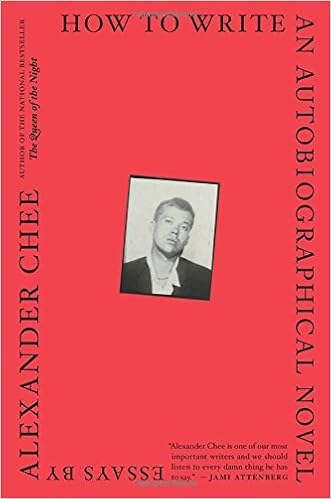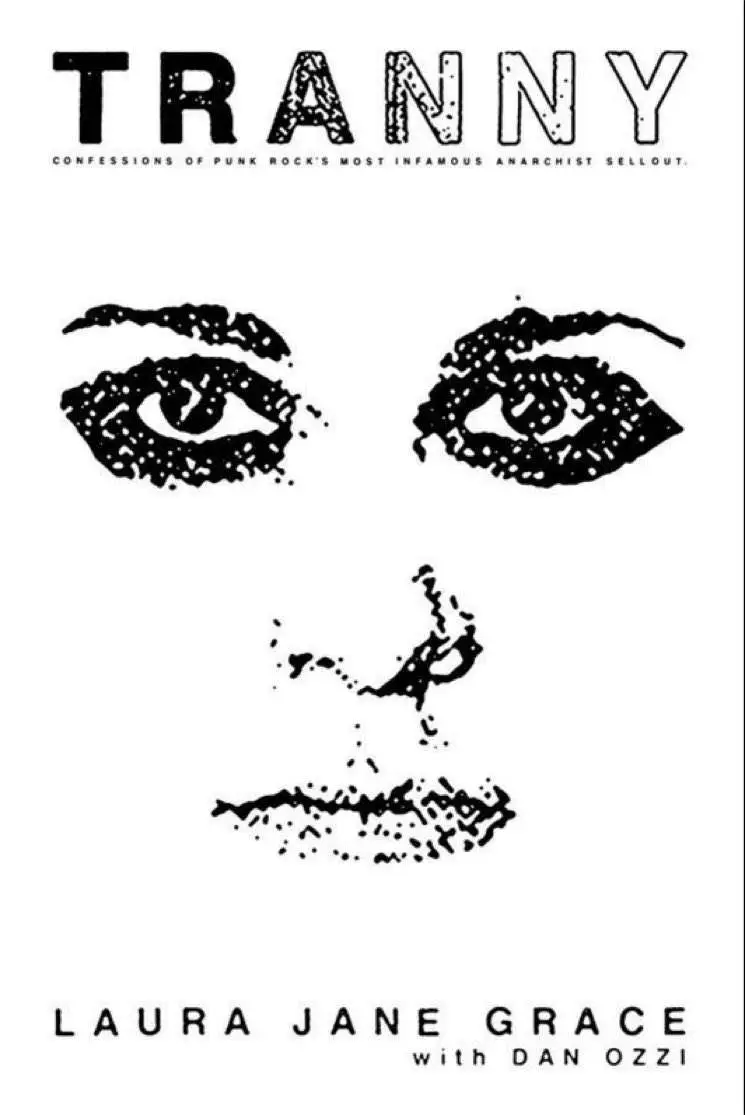How to Write an Autobiographical Novel: Essays, by Alexander Chee

“Writing is a way of going to the depth of Being,” wrote Marguerite Yourcenar, and the sixteen essays that make up Alexander Chee’s 2018 memoir are at their heart about writing—but they are also about striving to succeed as a writer, reconciling the pain and trauma of the past, building home and literary community, and learning the craft from inimitable teachers such as Annie Dillard and Deborah Eisenberg.
In this collection of contemplative essays, the author dives deep, mining personal and literary history to reveal the self that drives the work. These essays chronicle Chee’s life growing up mixed race, a childhood spent with his father’s family in Korea, his subsequent struggle with the loss of his father, coming of age and coming out, his AIDS activism, and growing into one’s self as a literary citizen and mentor.
Chee is the author of two novels, and the recipient of a Whiting Award, an NEA Fellowship, as well as fellowships from the MacDowell Colony, the VCCA, Civitella Ranieri and Amtrak. An associate professor of English and Creative Writing at Dartmouth College, Chee includes much here to instruct young writers (“You want vivid writing. How do we get vivid writing? Verbs, first. Precise verbs. All of the action on the page, everything that happens, happens in the verbs”). There is also solace for those who have faced trauma:
Most people misunderstand the crime of sexual abuse. They think of stolen youth, a child tucked under the arm and spirited away. But it isn’t like someone entering your house and stealing something from you. Instead, someone leaves something with you that grows until it replaces you.
How to Write An Autobiographical Novel is an intensely empathetic and personal work, and there is much here for writers new and seasoned, especially in regard to examining the path a writer takes as he learns to tap into both the work and the self. On this latter point especially, Chee unblinkingly documents how survivors of trauma confront memory to work toward both a healed self, and a writing self, that is whole.
—Lauren Alwan
Lauren Alwan’s fiction and essays have appeared in The Southern Review, ZYZZYVA, Nimrod International, and other publications. Read her new column at Catapult, “Invisible History,” a chronicle of family stories of heritage and belonging and the complexities of her bicultural experience. Learn more at www.laurenalwan.com

